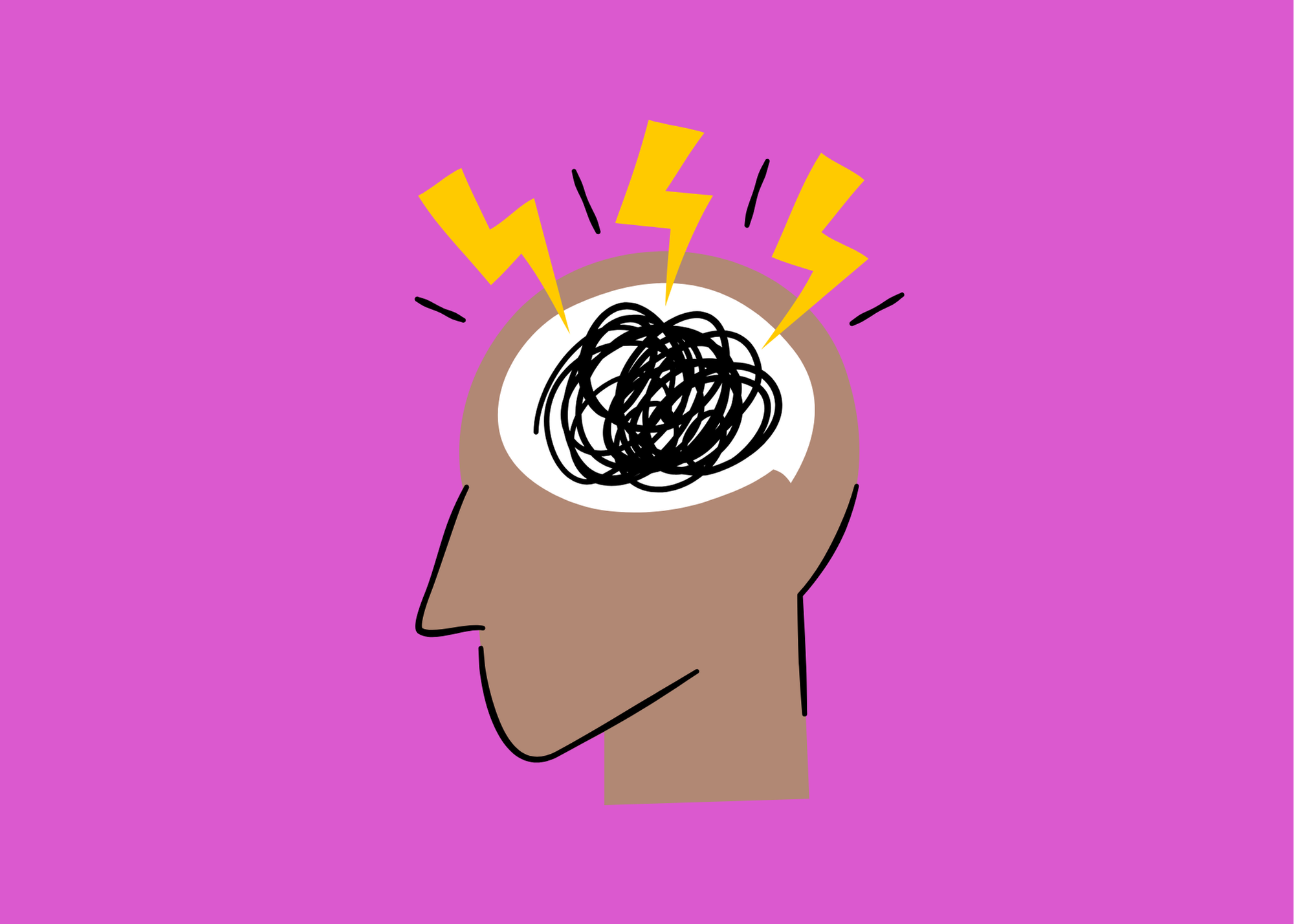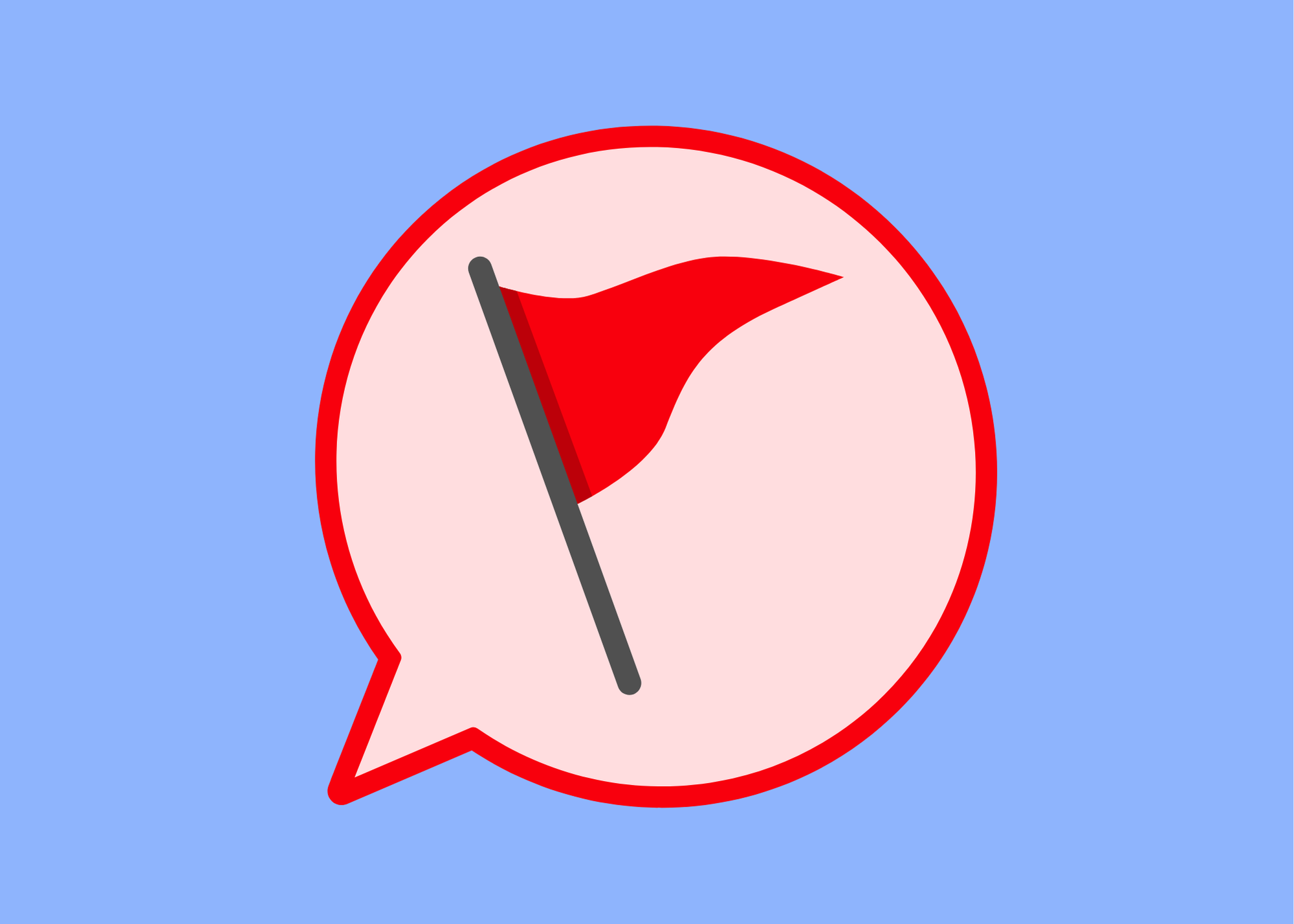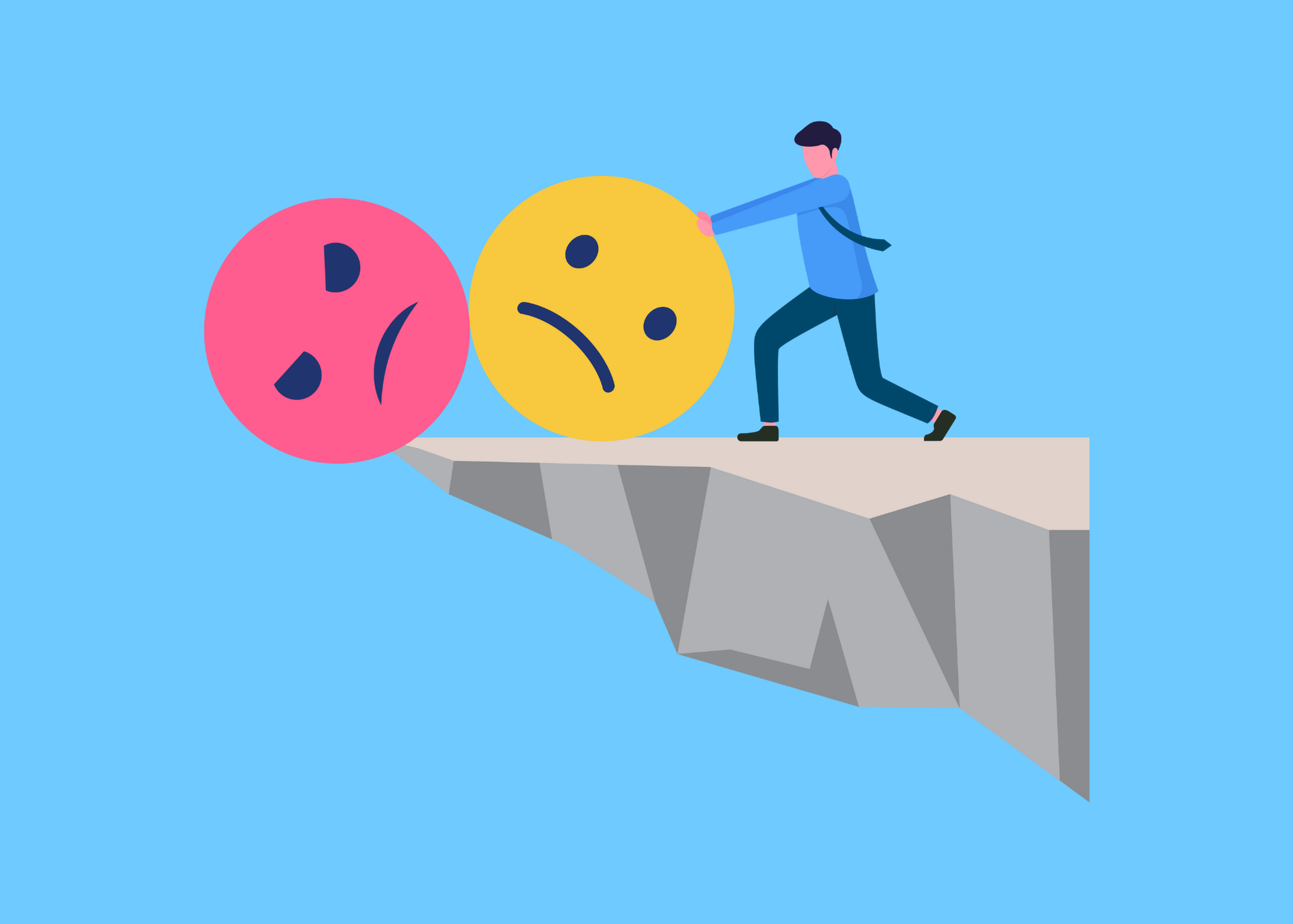Finding Purpose in Daily Routines: How Small Actions Create Big Meaning
Routines: The Secret Weapon for Stress Management and Purpose
Let’s get something straight—your daily routine isn’t just a to-do list on autopilot. It’s the foundation of your mental health, resilience, and yes, even your sense of purpose. If you’re burned out, stuck in a cycle of stress, or just feel like you’re living the same day on repeat, your routine isn’t the problem. The lack of intentionality in your routine is.
The good news? You don’t need to overhaul your entire life to find meaning. Purpose isn’t some grand, elusive concept—it’s built, brick by brick, through the small, daily actions you take.
The Science of Routine: Why It Matters for Deep Health
Routines reduce cognitive load, provide predictability, and create a sense of stability. When life feels chaotic, a well-designed routine acts as a psychological anchor. Research shows that routines lower stress by reducing decision fatigue—something high-achievers are particularly vulnerable to. One less decision about when to work out, what to eat, or how to start your day means more mental energy for actual high-impact work.
And let’s talk about deep health—not just physical fitness, but mental, emotional, social, environmental, and existential well-being. A well-crafted routine touches all these dimensions:
Physical: Regular movement, sleep hygiene, and nutrition.
Mental: Reduced overwhelm through structure.
Emotional: Stability in daily habits reduces stress reactivity.
Social: Time blocked for relationships prevents isolation.
Environmental: Intentional space organization affects mood and productivity.
Existential: Purpose is cultivated through consistent, meaningful actions.
The Hidden Stress-Proofing Power of Routine
When stress hijacks your life, your nervous system craves predictability. A solid routine is like a safety net for your brain—it signals that things are under control. Studies on stress resilience show that those with structured routines experience lower levels of anxiety and depression. When your routine supports your well-being instead of just being a treadmill of obligations, you become far more stress-resistant.
Infusing Purpose into the Everyday: It’s Not What You Do, It’s How You Do It
Here’s the shift: You don’t find purpose. You put it into the things you already do. Purpose isn’t about having some grand mission every day—it’s about how you approach the small stuff.
1. Start the Day with Intent, Not Just a Checklist
Instead of rolling out of bed and diving into emails, give yourself five minutes to set a deliberate tone.
Ask: How do I want to show up today?
Even if your calendar is packed with back-to-back meetings, bringing intentionality to how you engage makes a difference.
2. Attach Meaning to Mundane Tasks
Walking the dog? That’s not just a walk—that’s your daily mindfulness practice.
Making coffee? That’s not just caffeine—it’s a ritual to ground yourself before the day begins.
The goal isn’t to add more things, but to recognize the purpose in what you’re already doing.
3. Move Your Body Like It’s an Investment, Not a Chore
Exercise isn’t just about aesthetics—it’s your secret weapon against burnout.
Movement is a keystone habit that affects everything from cognitive function to emotional resilience.
Instead of dragging yourself to the gym, reframe it: This is how I recharge to show up at my best.
4. Build Micro-Rituals for Stress Resilience
If you’re constantly running on fumes, small recovery moments throughout the day matter.
One deep breath before meetings, a five-minute walk between calls, or stretching before bed—these micro-rituals reinforce that you’re in control of your energy, not the other way around.
5. Reflect and Adjust—Because Static Routines Don’t Work
Your routine isn’t set in stone. What works in one season of life might need adjusting in another.
High performers iterate.
Take five minutes each week to review: What’s working? What’s not? What small tweak would make the biggest impact?
The ROI of an Intentional Routine
This isn’t about creating some hyper-optimized schedule that squeezes every last drop of productivity out of you. It’s about aligning your daily actions with what actually matters—to your health, your goals, and your sense of fulfillment.
When you shift your mindset from going through the motions to putting purpose into the motions, your routine stops feeling like a grind and starts feeling like a foundation for something bigger. That’s when the real magic happens.
And the best part? You don’t need to wait for some big life change to start. Your next action—however small—can be the first step toward a more meaningful, less burned-out life. Now, what’s one thing you can do today with more purpose?
📅 Need Help? For the Professional Whose Planner Is Full, But Lacks Purpose
You’re organized—but questioning if your what you’re doing matters.
Sometimes it’s not about what’s scheduled. It’s about aligning your daily action with your values.
💡 Let’s build mental clarity into your daily routine. Book your free 20-minute consult today.
Article References
The sources cited in the article:
Verywell Mind (VM). “The Importance of Maintaining Structure and Routine During Stressful Times.” VM - Structure and Routine
Brene Brown. "Living into Our Values.” Brene Brown - Living into Our Values
Psychology Today (PT). “The Importance of Routines in Pursuit of Your Goals.” PT - The Importance of Routines
Harvard Business Review (HBR). “How to Find, Define, and Use Your Values.” HBR - How to Find, Define, and Use Your Values
Forbes. “Why Knowing Your Values is Key to Career Fulfillment.” Forbes - Why Knowing Your Values is Key to Career Fulfillment
Brainfirst Institute. “Aligning with Values: The Neuroscience of Value Based Actions.” Brainfirst Institute- Aligning with Values
Harvard Business Review (HBR). “How to Live in Alignment with Your True Values.” HBR - How to Live in Alignment with Your Values






